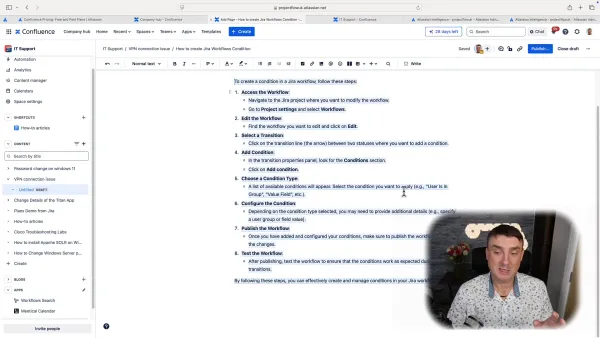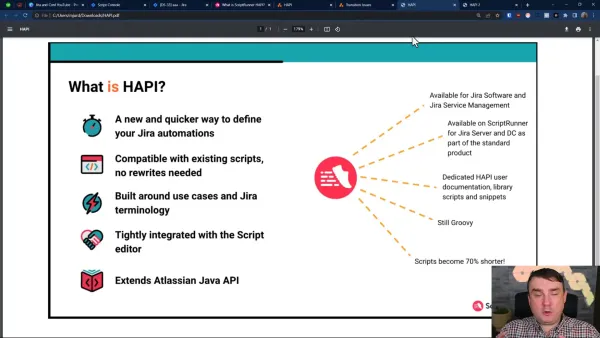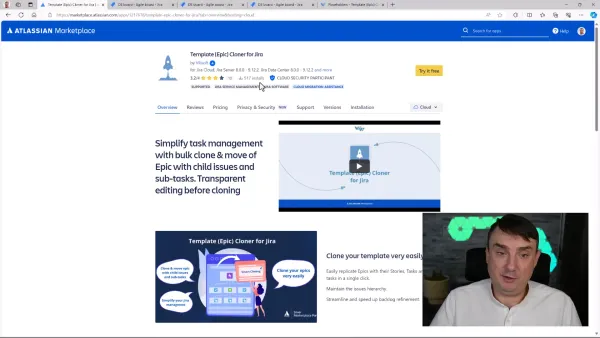JSM Knowledge Base: Your Ultimate Support Friend
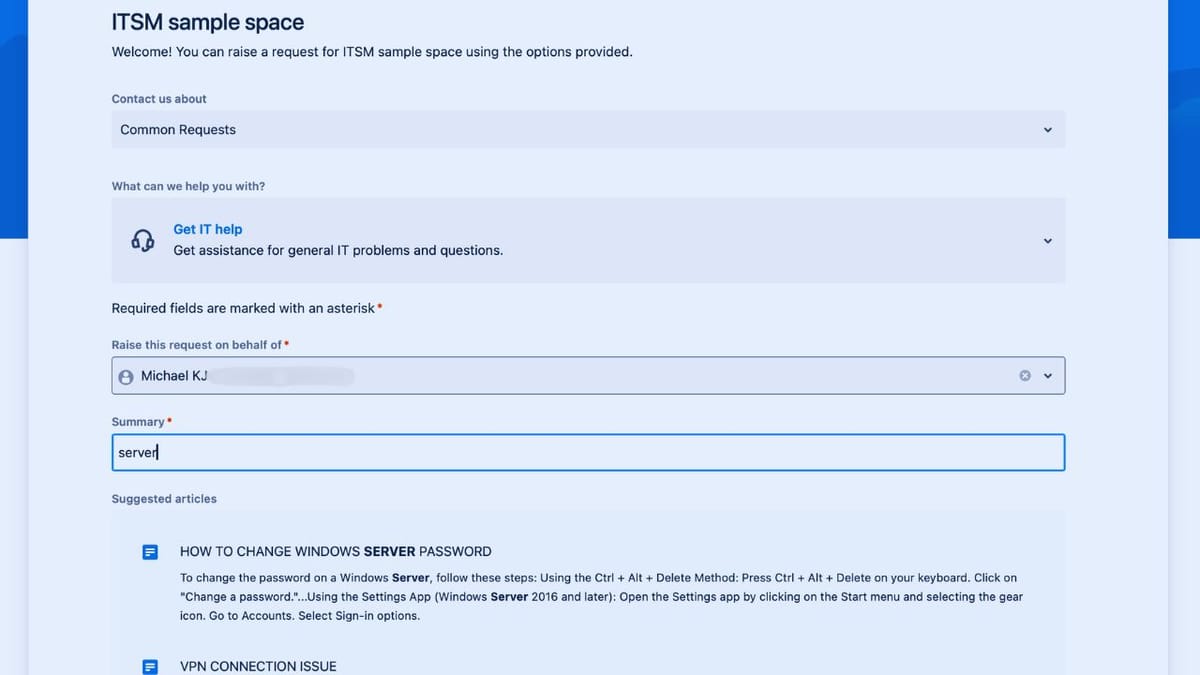
In today's fast-paced workplace, having the right information at the right time and FAST isn't just convenient – well, it's essential. Think of it as having a super-smart colleague who never takes a coffee break and never sleeps, and always has the an answer ready to go. That's exactly what Jira Service Management's knowledge base brings to the table. Whether you're a seasoned IT pro or just getting started with service desk management, this powerful part of JSM might become your new best friend at work.
As an Atlassian expert with 12+ years of experience, I can tell you the JSM Knowledge Base can be useful and, in some cases, work very well, but it's not a game changer. In this post, I will do my best to show you how to configure it FAST, including troubleshooting guides and best practices.
What makes the JSM Knowledge Base special? Well, kind of. JSM KB is not just a bunch of articles. It's a dynamic, easy-to-use platform that makes support easier in some scenarios. A well-configured KB means JSM users should be able to find answers quickly. So, there should be no endless emails, just quick, efficient self-service support. However, the KB setup is less critical than before.
From my observation, KB still works well if you have a JSM set up as an IT Support Desk and receive many requests for changing a password, setting a VPN, or troubleshooting when something (like a VPN) does not work.
How Does Knowledge Base Work?
Knowledge Base (KB) functions exclusively through the JSM Portal's frontend interface. When properly configured, it provides real-time search suggestions as users type their queries.
Here's how it works in practice:
- As soon as a user starts typing in the portal, KB's search functionality activates
- The system automatically scans through KB articles and displays relevant matches
- Up to 3 most relevant articles appear in the search results
- The system searches specifically through article summaries to find matches
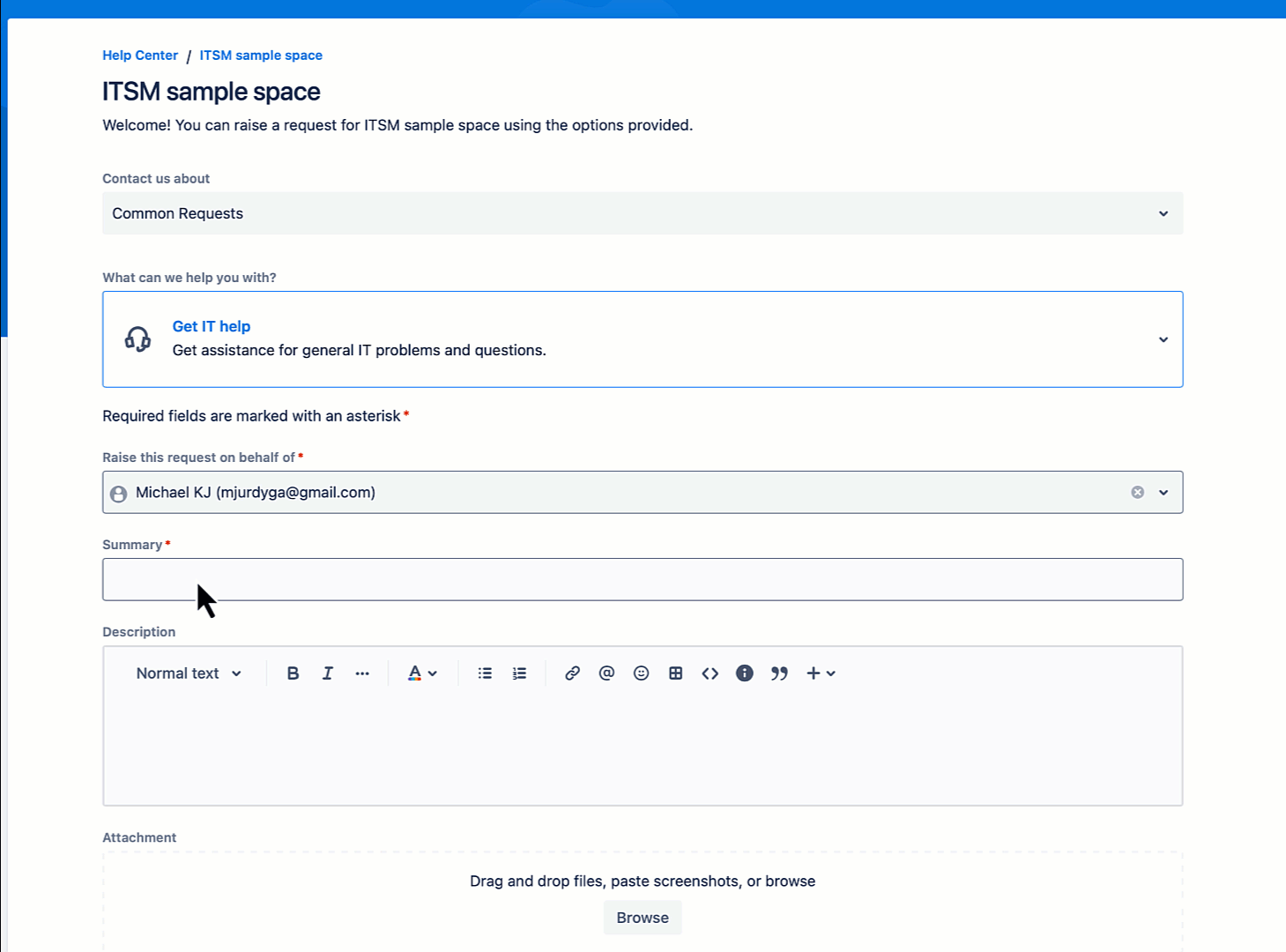
For example, if a user types "VPN connection issues," the system will instantly display relevant VPN-related articles from your Knowledge Base, helping users find solutions before creating a ticket.
Note: The search function only works with the Summary field of KB articles, so it's crucial to write clear, descriptive summaries for your content.

What You'll Get From This Guide
Ever wondered how to make your team's life easier with Jira? Here's what you'll discover:
Think of Jira Service Management's Knowledge Base as your team's digital library - it's where all the good stuff lives. You'll find everything from "how-to" guides to quick fixes for common problems. The best part? It's super easy to find what you need, thanks to smart search features and clear organization. Whether you're just starting out or you've been using Jira for years, you can help yourself to answers without waiting for someone else to get back to you. It's like having a 24/7 help desk right at your fingertips!
Core Features and Functionalities
The JSM Knowledge Base offers several features to improve support efficiency:
- Smart search functionality
- Customisable article templates
- Version control for articles
- Integration with Jira Service Management tickets
- Analytics to track article performance
Getting Started with JSM Knowledge Base
To start using JSM Knowledge Base, just follow these steps, as this feature is built into JSM:
- Log in to your Jira Service Management account (agent view)
- Navigate to the Knowledge Base section
- Create your first article using the intuitive editor
- Organise your content into categories for easy navigation
- Share your knowledge base with your team and customers

User Interface Overview
The JSM interface is simple and easy to use. A big search bar is at the top, with menus on either side. Below, you'll find featured articles and updates, keeping you informed.
Search and Filter Functions
Searching in JSM is straightforward. Just type what you're looking for, and you'll get results fast. You can also use filters to narrow down your search by date, topic, or type.
- Keyword search with autocomplete
- Advanced filters for precise results
- Sort options for relevance or date
Category Organisation
JSM's knowledge base is well-organised, making it easy to find what you need. Each category has subcategories, making it simple to find related topics.
| Category | Description | Popular Articles |
|---|---|---|
| Getting Started | Initial setup and basic usage guides | Quick Start Guide, System Requirements |
| Troubleshooting | Common issues and their solutions | Error Code Reference, Performance Tips |
| Advanced Features | In-depth exploration of JSM capabilities | Custom Workflows, API Integration |
The License Advantage You Didn't Know About
Here's something surprising: You don't need a paid Confluence version to use the Knowledge Base, even if you have hundreds of JSM agents! That's right - you can operate with a free version of Confluence regardless of your JSM user count. This makes it an incredibly cost-effective solution for organizations of any size.
Pro Tip: Create Dedicated Spaces
While you can integrate existing Confluence spaces, I strongly recommend creating dedicated spaces for your knowledge base. Why? There's a practical security reason behind this. Sometimes the search function might display results from articles that aren't 100% relevant to the topic, and if you're using a general space, this could potentially expose confidential information.
Creating and Managing Articles
There are two ways to add articles to your knowledge base:
Method 1: Direct from JSM
You can now create articles directly from JSM without accessing Confluence. This is perfect for agents who don't need full Confluence access. Simply:
- Navigate to the middle section of your JSM project
- Look for the "Knowledge Base" option
- Start creating your article
- Add content, including videos or other media
- Publish
Method 2: Through Confluence
If you prefer working in Confluence:
- Create a custom space
- Add your articles
- Use labels to organize content (especially useful when using forms)
The Future of JSM Knowledge Base
While the current interface might feel slightly dated by today's standards, Atlassian is working on updates. New features and improvements are in the pipeline, promising an even better knowledge base experience.


